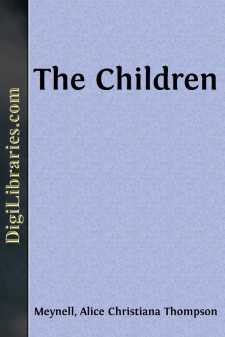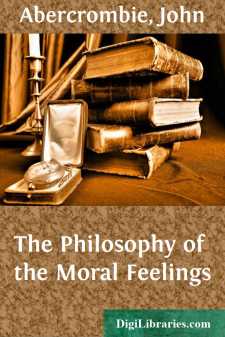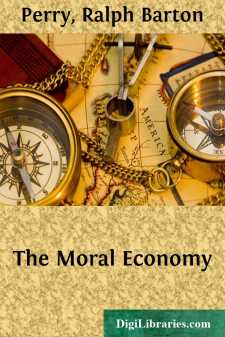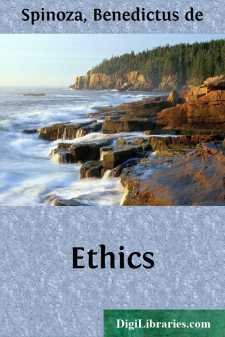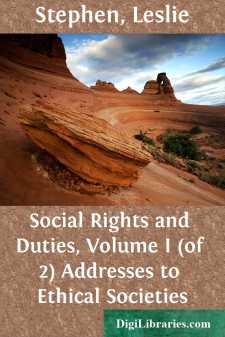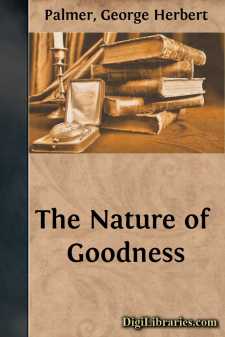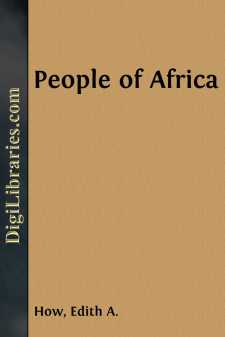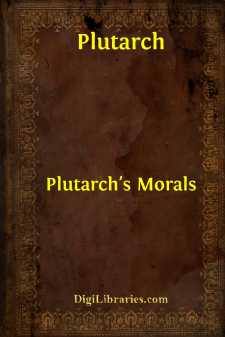Non-Classifiable
- Non-Classifiable 1768
Non-Classifiable Books
Sort by:
FELLOW TRAVELLERS WITH A BIRD, I. To attend to a living child is to be baffled in your humour, disappointed of your pathos, and set freshly free from all the pre-occupations. You cannot anticipate him. Blackbirds, overheard year by year, do not compose the same phrases; never two leitmotifs alike. Not the tone, but the note alters. So with the uncovenated ways of a child you keep no tryst. ...
more...
by:
William W. Mann
THE ESPERANTO ALPHABET(WITH PHONETIC PRONUNCIATION). The Esperanto Alphabet has 28 letters—23 consonants, 5 vowels:—A, a(ah) likeainfatherorpa; aspatro(pah'troh). In unaccented syllables it should not be dwelt upon, and in all cases it should be pronounced quite purely, without the slight drawlingr-sound which is sometimes added to the corresponding vowel in EnglishahB, b(bo) as in EnglishbC,...
more...
by:
John Abercrombie
NATURE AND IMPORTANCE OF THE SCIENCEOF THE MORAL FEELINGS. Man is to be contemplated as an intellectual, and as a moral being. By his intellectual powers, he acquires the knowledge of facts, observes their connexions, and traces the conclusions which arise out of them. These mental operations, however, even in a high state of cultivation, may be directed entirely to truths of an extrinsic kind,—that...
more...
CHAPTER I MORALITY AS THE ORGANIZATION OF LIFE In the words with which this book is inscribed, Bishop Butler conveys with directness and gravity the conviction that morality is neither a mystery nor a convention, but simply an observance of the laws of provident living. "Things and actions are what they are, and the consequences of them will be what they will be: why then should we desire to be...
more...
I. By that which is self—caused, I mean that of which the essence involves existence, or that of which the nature is only conceivable as existent. II. A thing is called finite after its kind, when it can be limited by another thing of the same nature; for instance, a body is called finite because we always conceive another greater body. So, also, a thought is limited by another thought, but a body is...
more...
by:
Leslie Stephen
THE AIMS OF ETHICAL SOCIETIES. I am about to say a few words upon the aims of this society: and I should be sorry either to exaggerate or to depreciate our legitimate pretensions. It would be altogether impossible to speak too strongly of the importance of the great questions in which our membership of the society shows us to be interested. It would, I fear, be easy enough to make an over-estimate of...
more...
TO JOHN RUSKIN. My dear Mr. Ruskin,—You have given me very great pleasure by allowing me to inscribe this book to you, and for two reasons; for I have two kinds of acknowledgment that I wish to make to you—first, that of an intellectual debtor to a public teacher; secondly, that of a private friend to the kindest of private friends. The tribute I have to offer you is, it is true, a small one; and...
more...
THE DOUBLE ASPECT OF GOODNESS In undertaking the following discussion I foresee two grave difficulties. My reader may well feel that goodness is already the most familiar of all the thoughts we employ, and yet he may at the same time suspect that there is something about it perplexingly abstruse and remote. Familiar it certainly is. It attends all our wishes, acts, and projects as nothing else does, so...
more...
by:
Edith A. How
1. The Country and its River Egypt is a country in the north of Africa. It has sea to the north and sea to the east. On the north it is called the Mediterranean Sea, and on the east the Red Sea. On the west is the great sandy desert called the Sahara, and to the south are great forests and mountains. Egypt itself is the land of the great River Nile. There is very seldom any rain there, and everyone has...
more...
by:
Plutarch
§ i. Come let us consider what one might say on the education of free children, and by what training they would become good citizens. § ii. It is perhaps best to begin with birth: I would therefore warn those who desire to be fathers of notable sons, not to form connections with any kind of women, such as courtesans or mistresses: for those who either on the father or mother's side are ill-born...
more...


